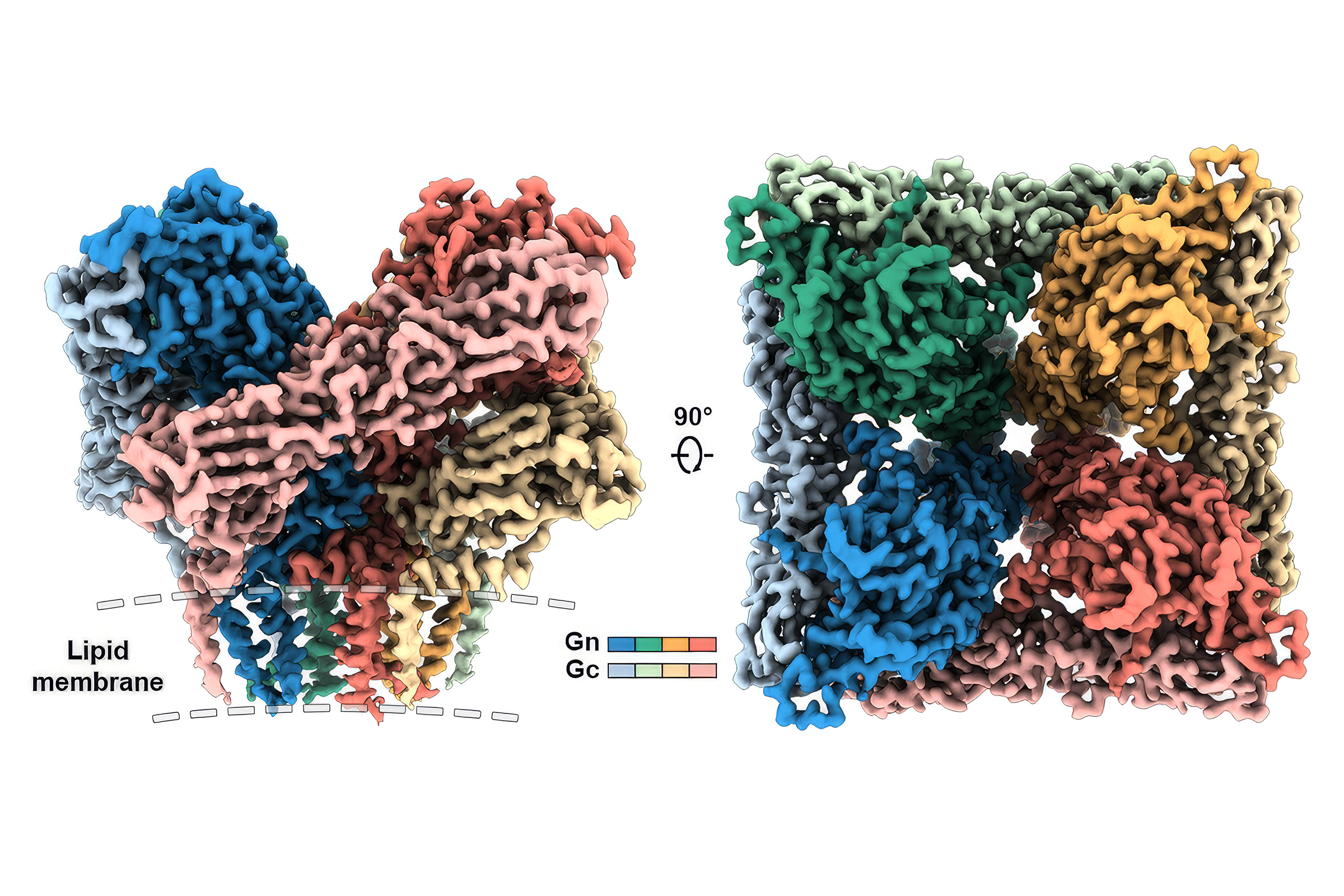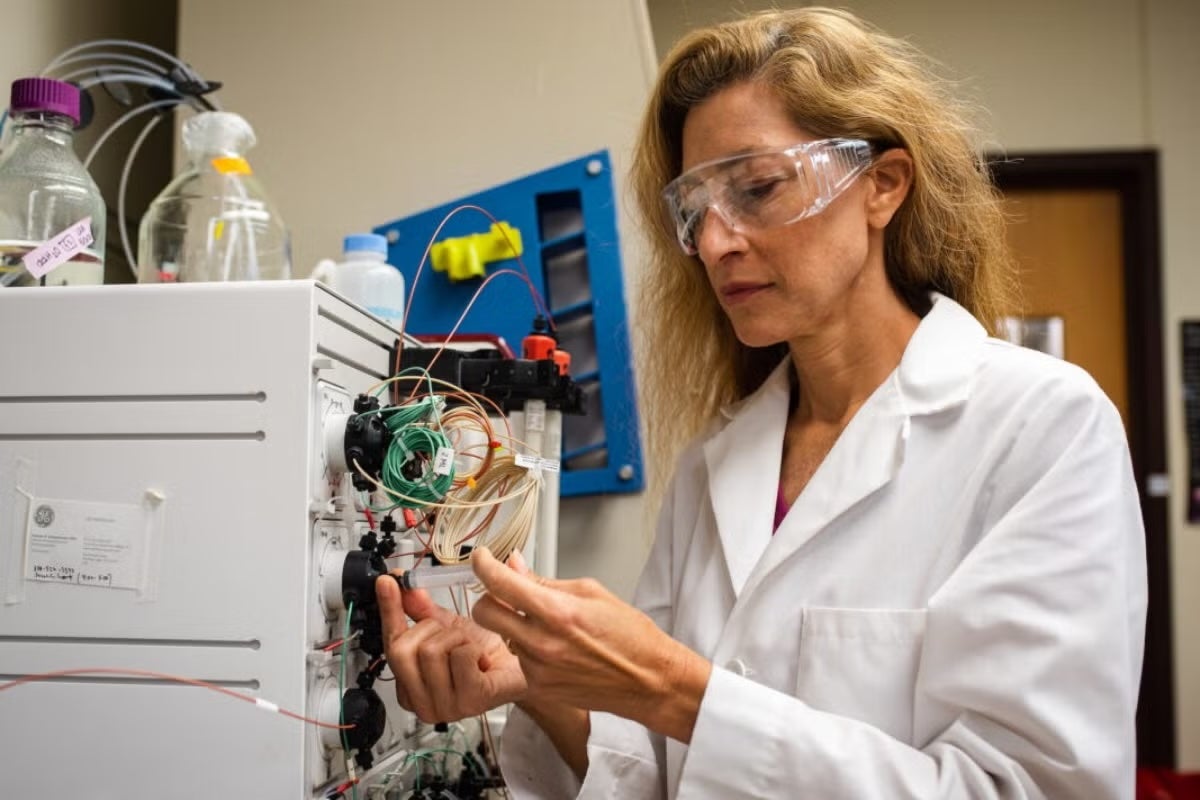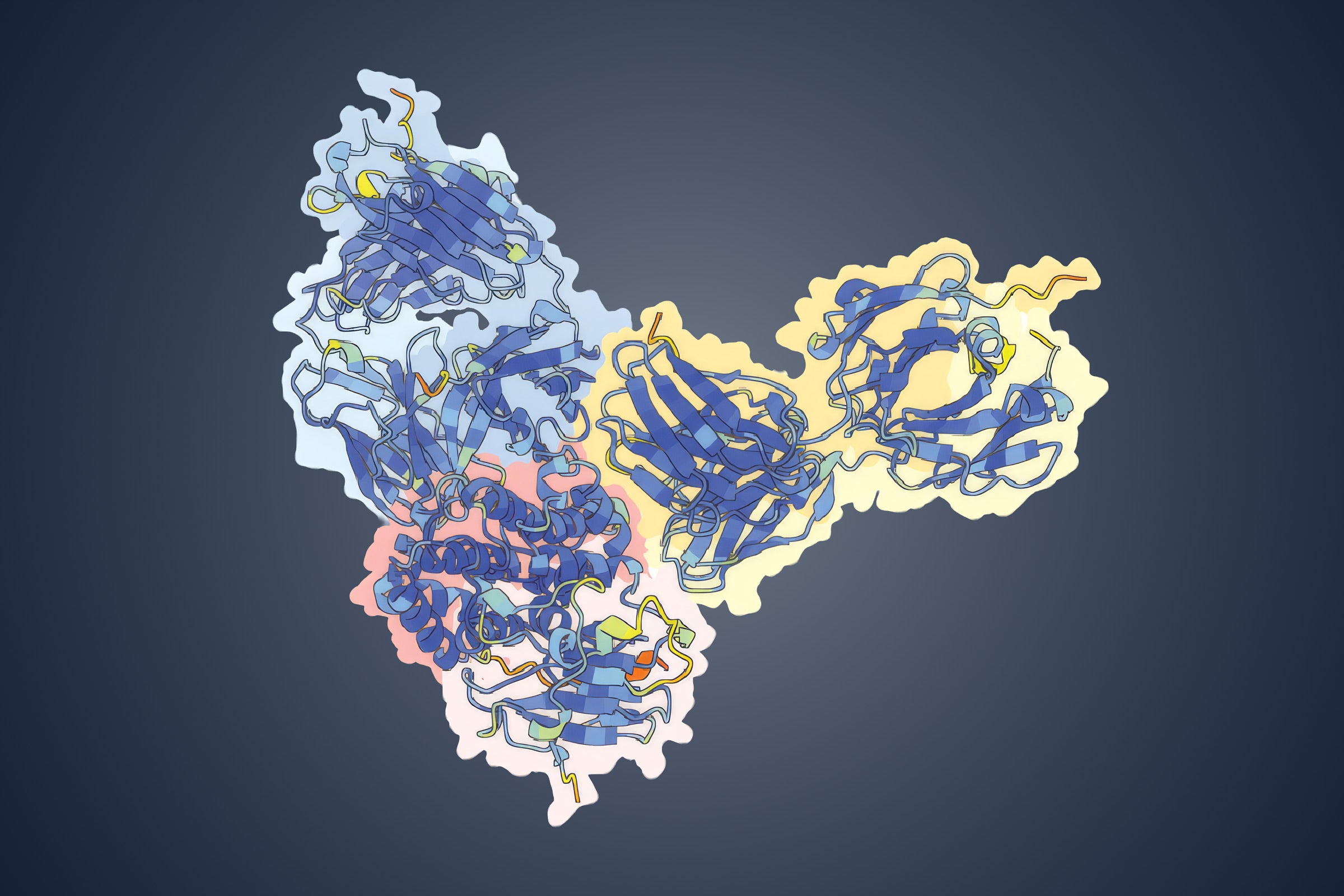Turning Plant Pests into Helpers
Aphids are an enemy for most plants now, but the latest work from a team of scientists may make them a crop's new best friends.
As any farmer or summer gardener knows, tiny aphids represent an enemy for most crops. The insects like many of the same plants that we rely on for food, and aphids can sometimes spread plant diseases, similar to the way mosquitos spread human diseases.
But much worse threats for plants loom. A major drought, widespread fungus or weevil infestation can wipe out entire fields of crops. In the worst cases, these occurrences could even threaten the overall food supply for people. New strategies to secure the food supply and ensure bountiful crop yields to feed the world's people would be needed, and this is something that U.S. scientists and engineers, who have authored a new roadmap for advances in engineering biology, suggest innovative research in that area could assist with.
A team at the University of Texas at Austin and Texas A&M are exploring the potential of aphids to help, not hurt, in the face of a crop emergency. Our new video explains the work of a team led by molecular biosciences professor Jeffrey Barrick, with integrative biology professor Nancy Moran and molecular biosciences professor Andy Ellington.
With funding from the Defense Advanced Research Projects Agency, the team is exploring whether bacteria that live within aphids can be used to intervene in a way that safely curbs the harm from an unexpected crop crisis.
According to Science Daily, a consortium of 80 scientists and engineers, including from UT Austin, recently released the roadmap to help guide future U.S. investment in engineering biology research. Along with quantum information systems and nanotechnology, this federal investment may soon become an emerging research-investment priority for the United States.
More information about ongoing biological engineering projects at UT Austin is on the website for the Center for Systems and Synthetic Biology.



